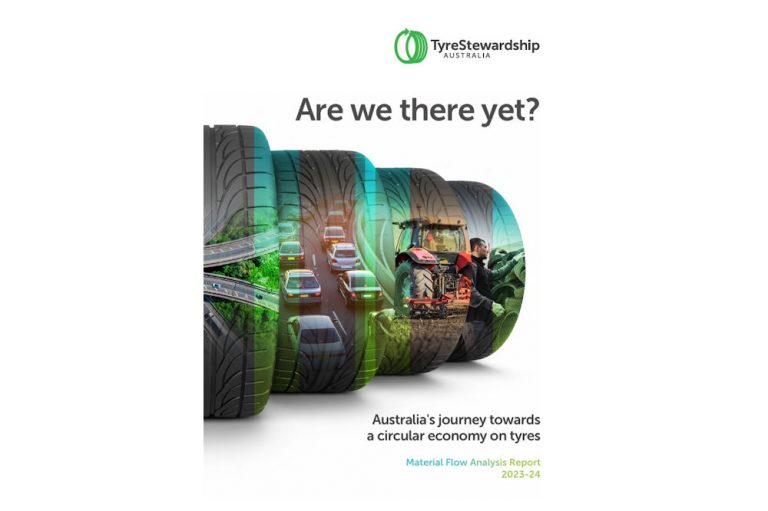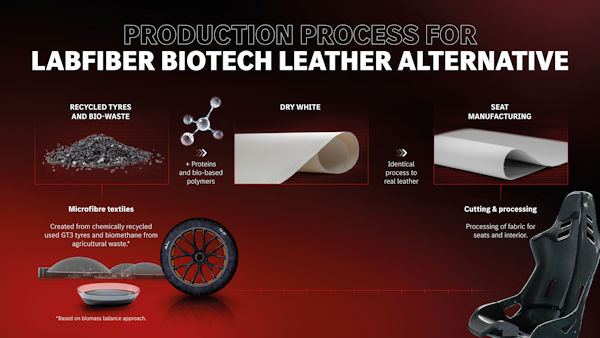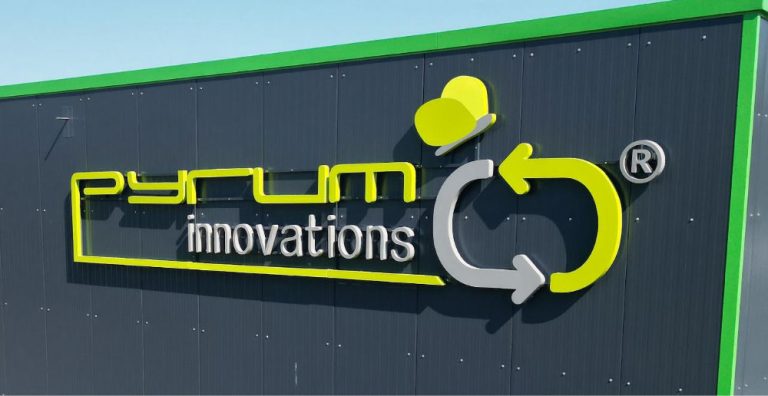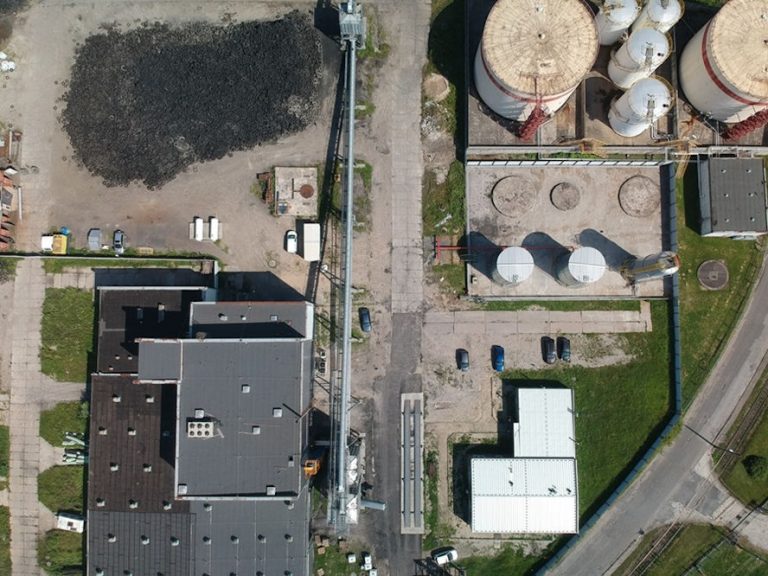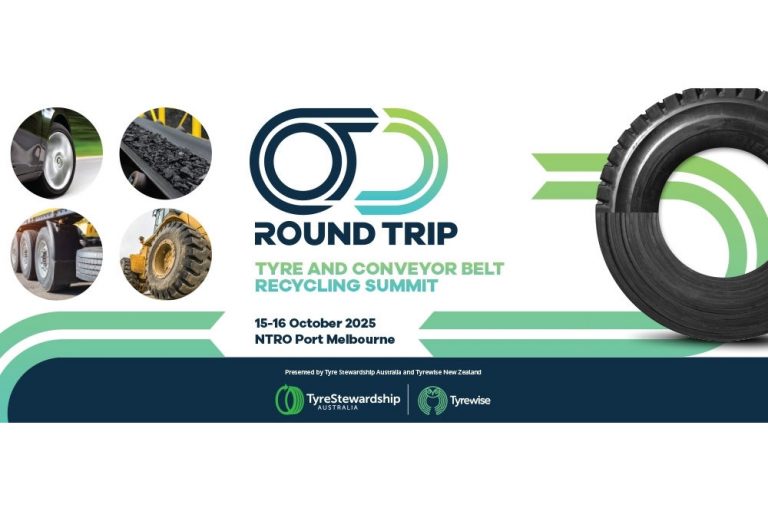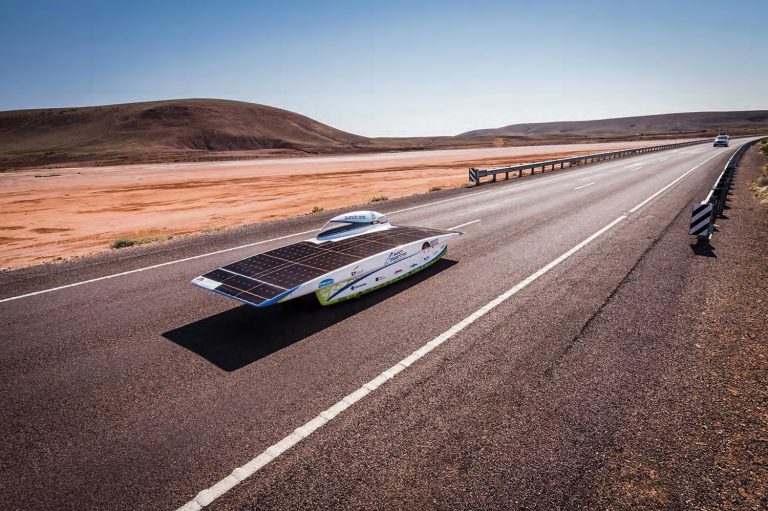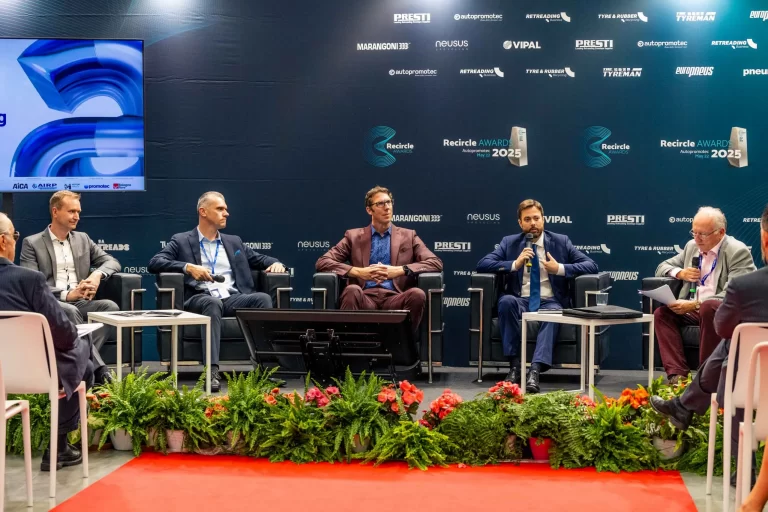The Latest TSA report, “Are We There Yet”, shows both successes and shortcomings in the Australian recycling sector
The TSA report breaks down the tyre market from import to end of life for car, truck and OTR tyres. For car and truck tyres the recovery/ recycling rate is good news, with high recycling rates. However, the valorisation of ELT arguably leaves much to be desired with burning for energy recovery taking up a large percentage of the recovery – 77 per cent of car and 33 per cent of try tyres go for energy recovery. The car and truck recovery rate stood at around 87 per cent in 2024. OTR though was just 13 per cent.
Whilst the report shows that there is room for improved valorisation of both car and truck tyres, it also highlights the challenge to be met in dealing with OTR tyres.
Whilst recyclers are investing in OTR recycling, the reality is that supply exceeds demand and OTR tyres are still being buried on site in huge volumes – 71 per cent were buried on site, another 2 per cent landfilled. An estimated 155,000 tons of OTR ELT were generated in 2024, according to the report.
The detail of the report is clearly specific to the Australian market but it is worth reading at least to understand better what is happening to ELT in Australia. There is also some interesting details on where the tyres come from, and where the tyre derived fuel goes in the market.
The TSA report asks and answers; “So, when it comes to a circular economy for tyres, are we there yet? No, not by some margin. As this report reveals, there are many reasons for this, often involving geography, recycling capabilities and regulations, but disparities like this present opportunities.”
There is also a recognition that tyre recycling is not going to rise to the challenges unaided. There need to be incentives, and here the TSA report says; “Voluntary schemes such as the TPSS scheme, and legislation at federal and state level covering waste reduction, export controls and pollution have all played a role in promoting the high recovery rates of Passenger, Truck and Bus tyres. Whether it’s through restrictions, incentives or both, regulation has demonstrated success in changing behaviours. Similarly, the economics of supply and demand have also demonstrated success in changing behaviours. Businesses will always follow the money, and if we are to create a circular economy for all types of tyres in Australia, then we need to foster an economic environment in which used tyre recovery, especially of OTR tyres, is a viable industry with a clear profit pathway. Supported by regulatory incentives and government funding, organisations that currently put tyre recovery in the “too-hard basket” will have a clear bottom-line reason to replace behaviours such as burying tyres with recovery options.”

















